Bury quail eggs at the bottom of the basin and explode the basin without fertilization
If you want strong and fierce flowers, you must first apply more fertilizer. But now many self-made fertilizers have to be fermented before they can be used. If you don't say for a long time, the smell is going to kill people! So Huahua secretly tells you that a few quail eggs can solve this big trouble
Usage:
1. The little quail went to the supermarket to buy some eggs, and then kowtowed them gently. If you're worried that you don't master your strength well, you can pierce it with a toothpick
2. Bury about 2cm of soil at the bottom of the flowerpot, then put the quail eggs above the soil in the flowerpot, fix them with the soil, then add soil to the flowerpot, cover all the quail eggs, and then plant flowers on it
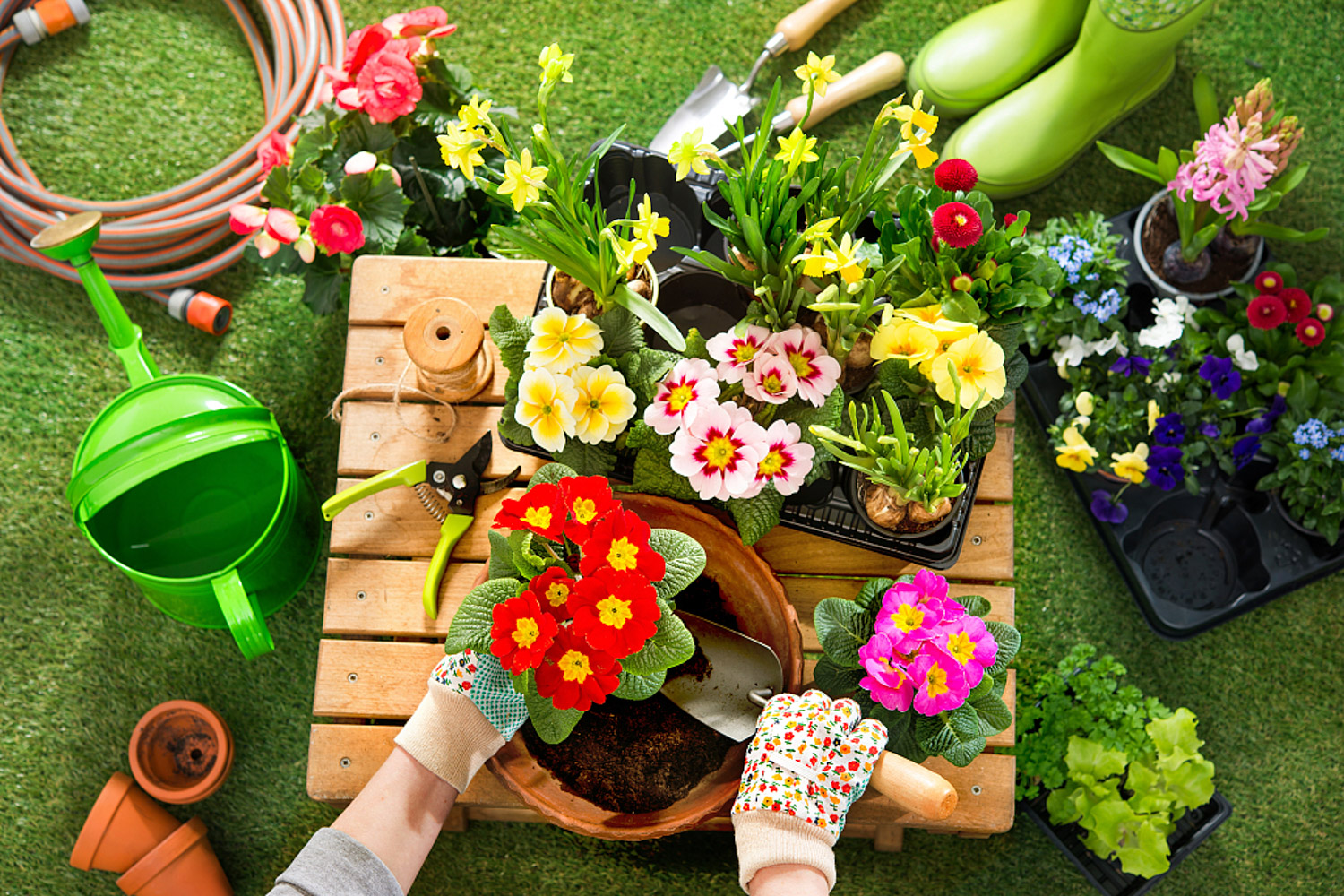
Tip: the ripening process of egg fertilizer is basically completed in the eggshell, so you don't have to worry about burning roots. Moreover, after the eggshell is decomposed, it is also a good potassium fertilizer, which can supplement nutrition for flowers
Treatment of rotten roots with sulfur powder
It's hot in summer. Many flower friends like to water the flowers more, so rotten roots often happen. At this time, sulfur powder can be used to help
Take the rotten roots of Clivia as an example:
When the rotten roots of Clivia are found, first take the Clivia out of the flower pot, remove the soil and cut off the rotten roots
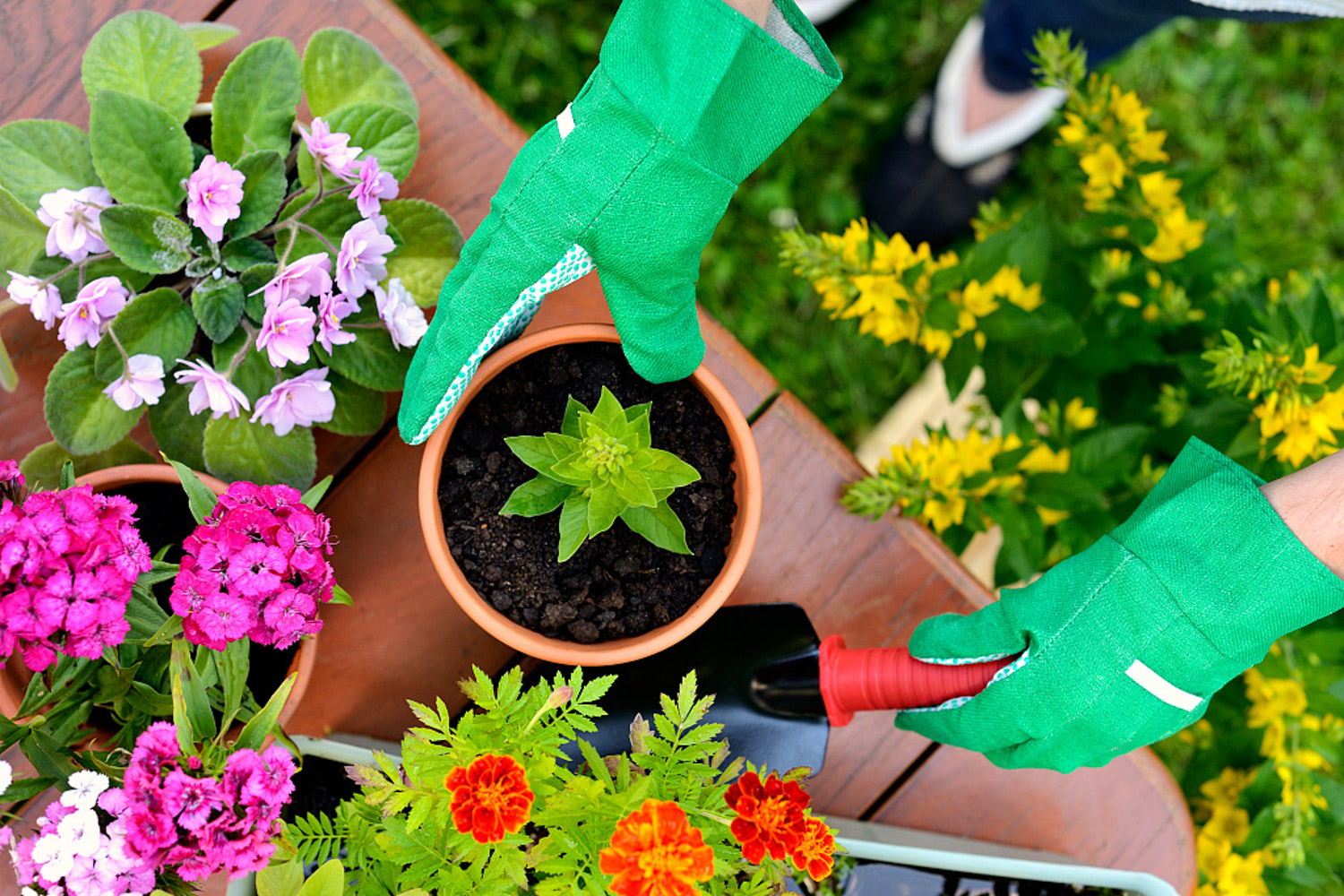
2. When there is no sulfur, sprinkle the roots of Clivia in a cool place and keep them cool with water. When there is no sulfur, put them on the roots
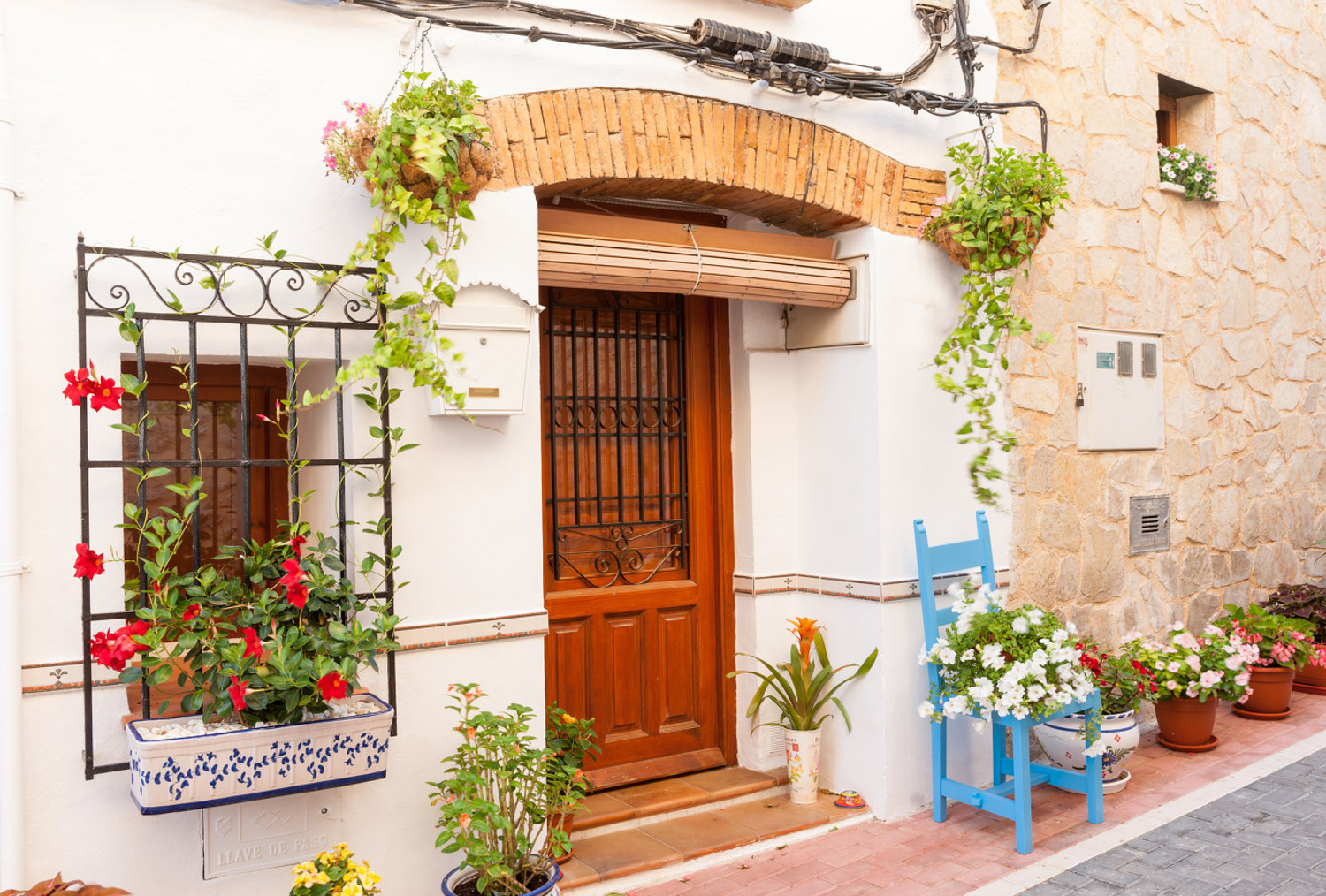
3. After that, the Clivia will be replanted into the detoxified soil, and new roots will grow in more than a month. In addition, sulfur powder can also treat powdery mildew. First, spray the plants with powdery mildew with clean water, and then spray sulfur powder. After a few days, powdery mildew can be eradicated
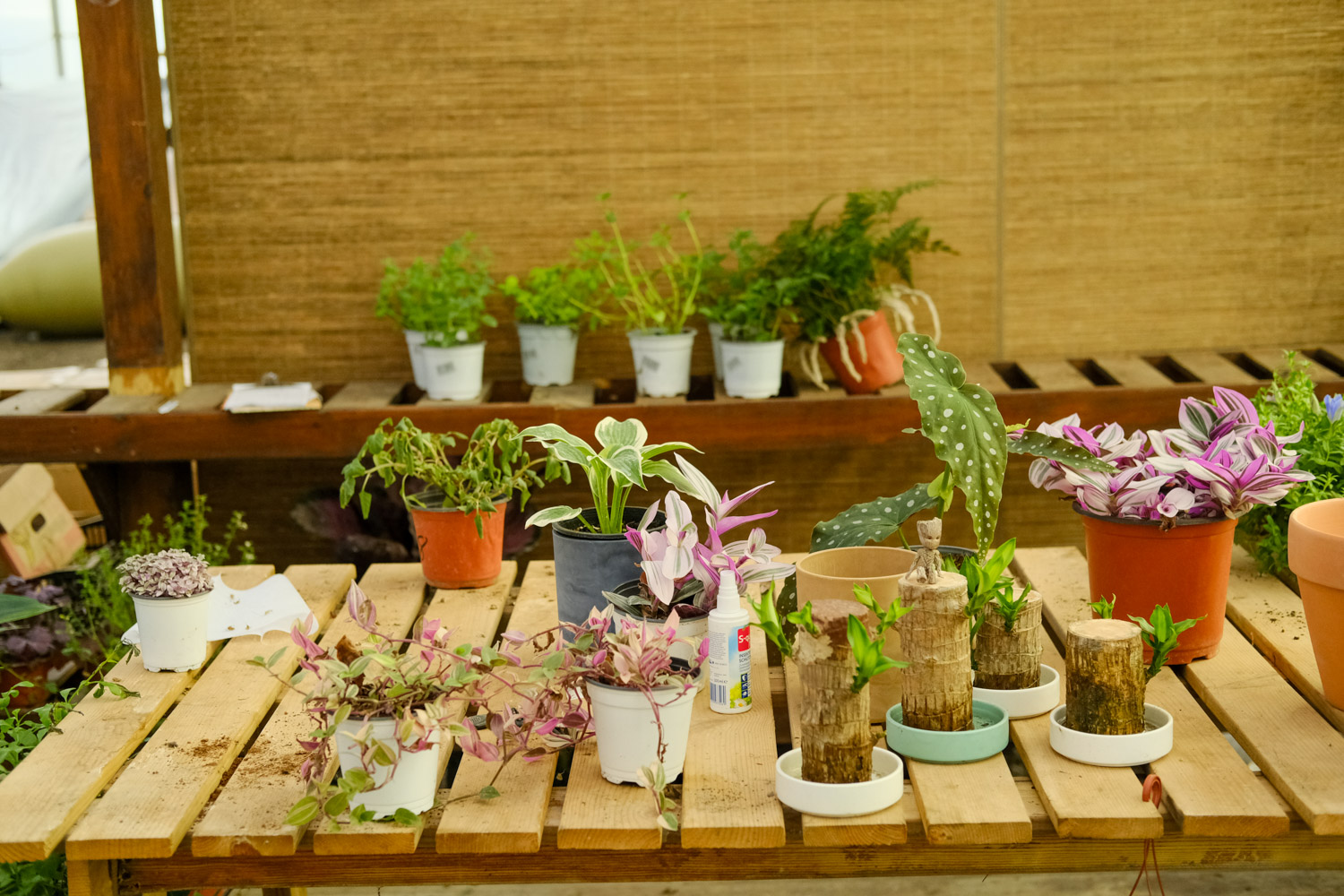
Broken bricks and tiles make flowers brighter
Many flower friends tell Huahua that rotten roots and yellow leaves always appear when raising flowers. In fact, most of this situation is caused by the airtightness of the basin soil. Just pad some broken tiles at this time
Pick up the broken bricks and tiles on the road, and then smash them into small pieces with a hammer
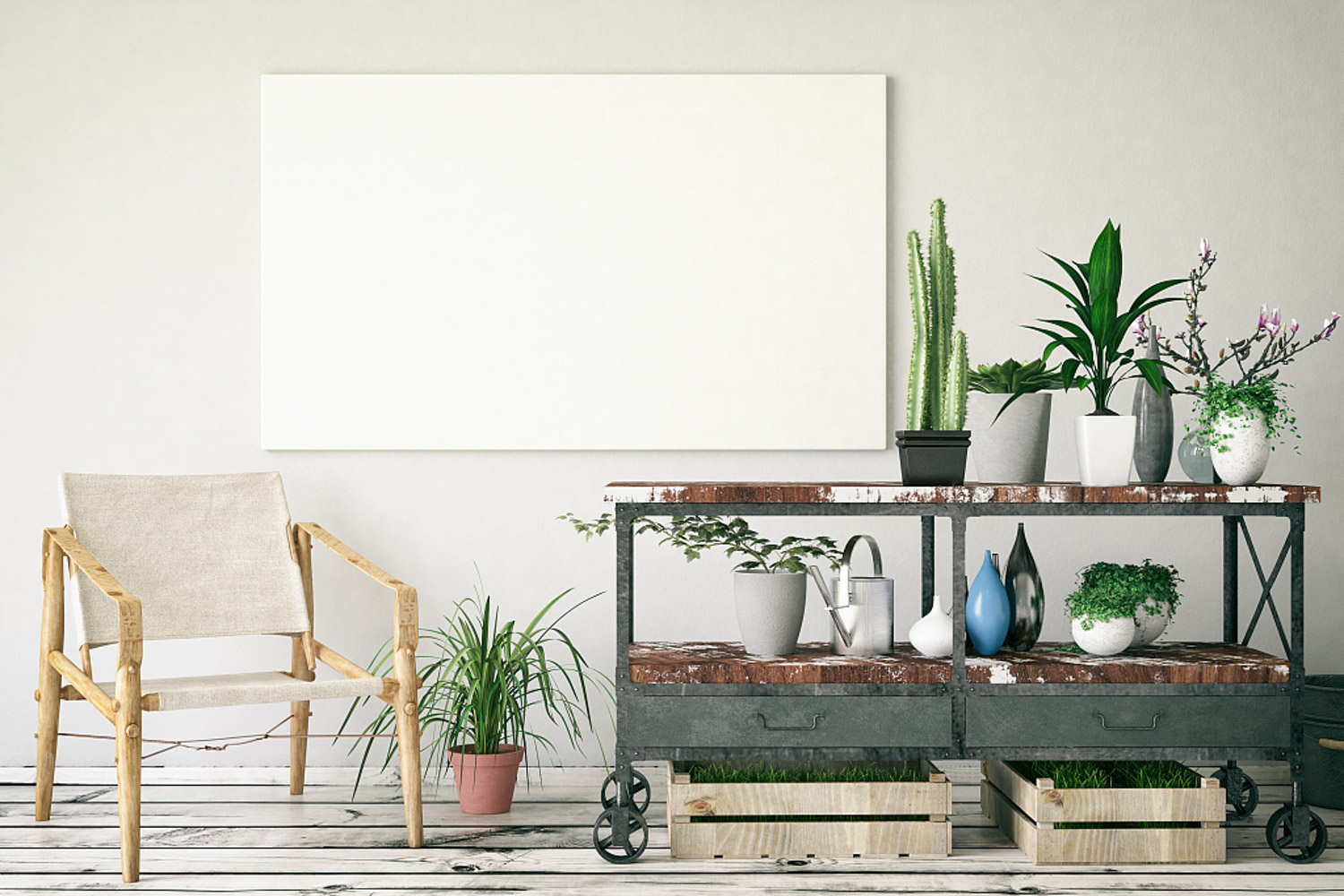
Pick out the larger bricks and pad them directly at the bottom of the flowerpot to make it permeable and breathable
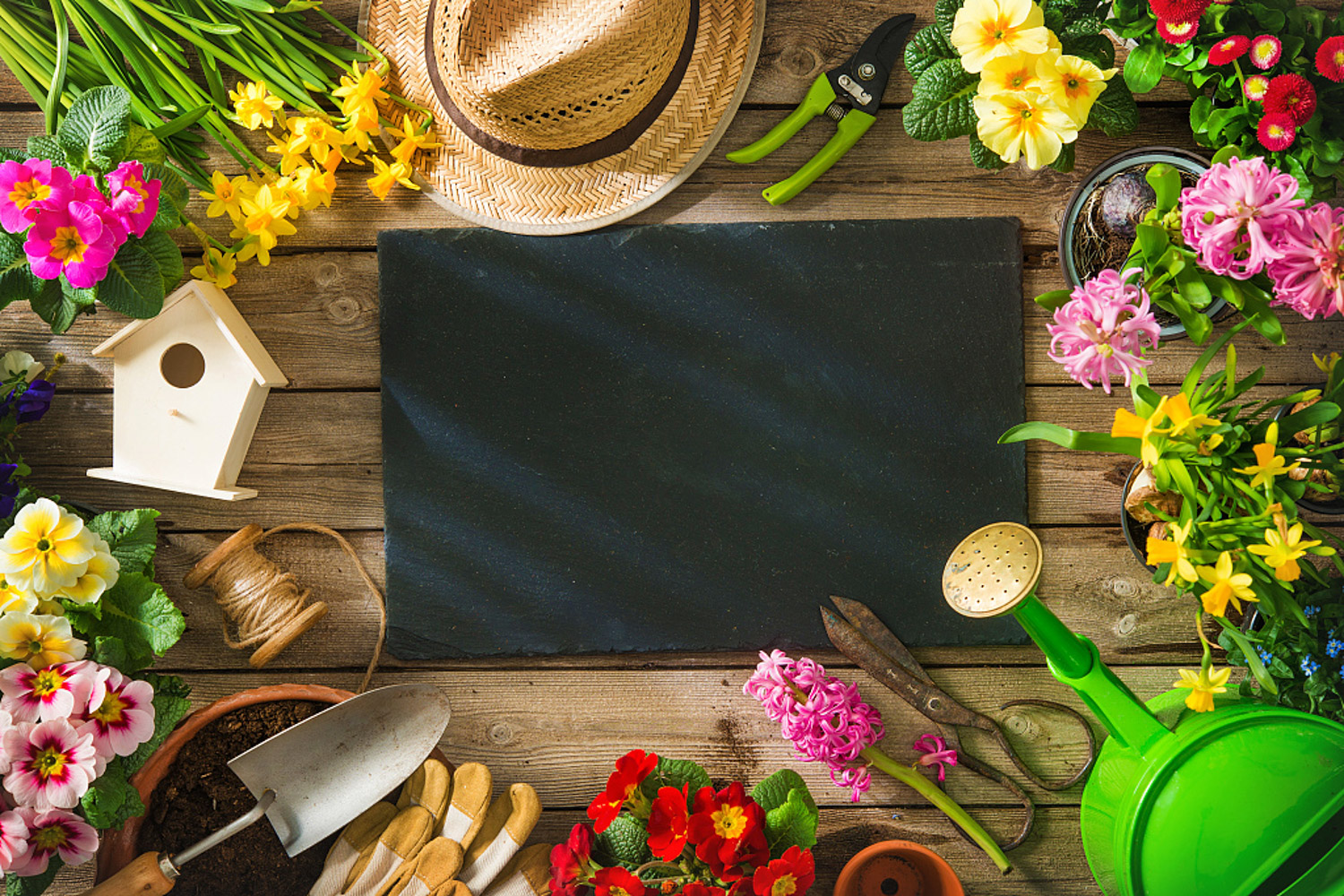
And those small broken tiles can be mixed with the soil and used as nutrient soil to raise flowers, which can also play a role of water and air permeability
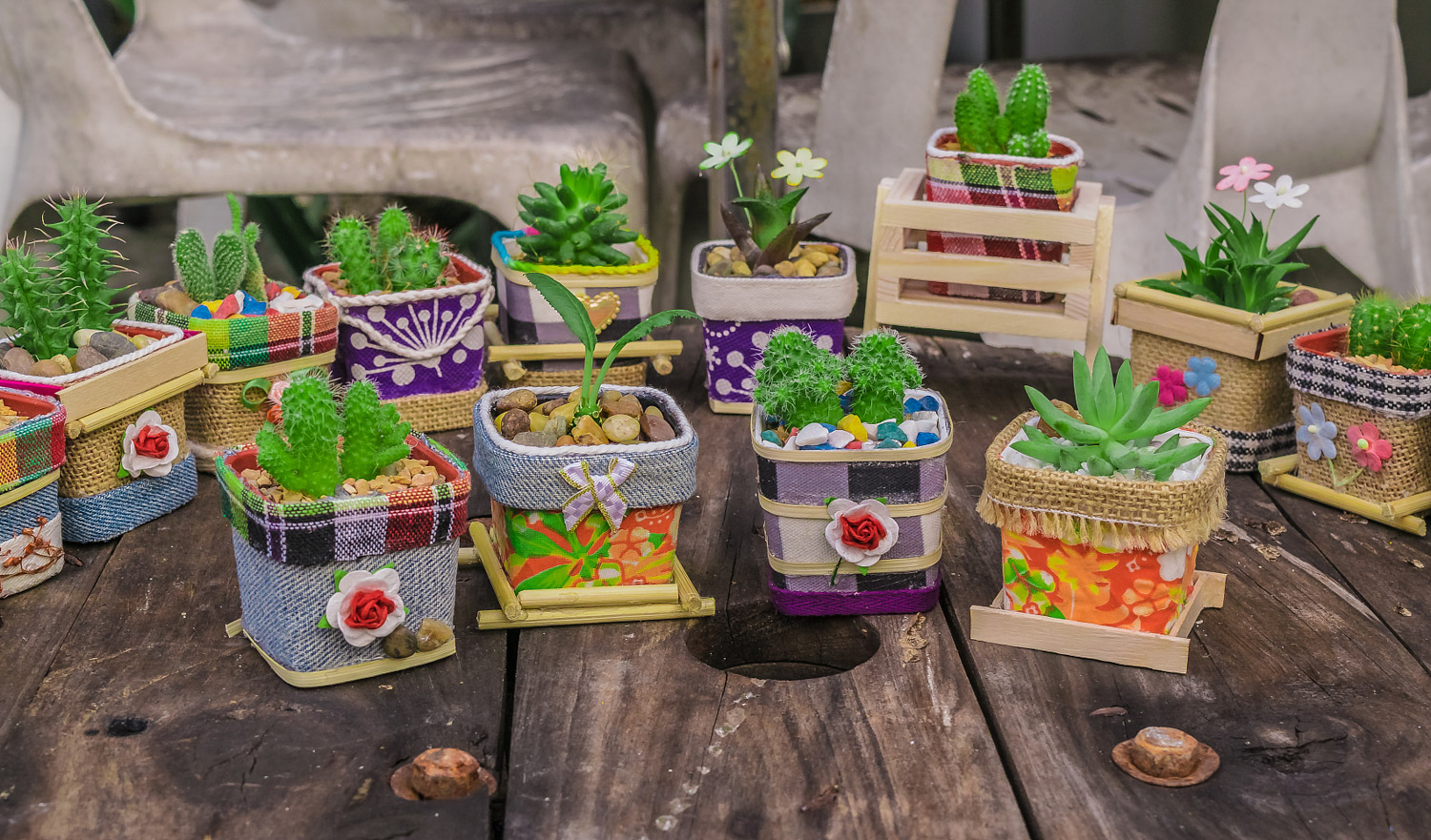
More colorful towel gourd, pot bottom
1. Take an air dried and aged loofah and remove the seeds inside, leaving only the loofah collaterals
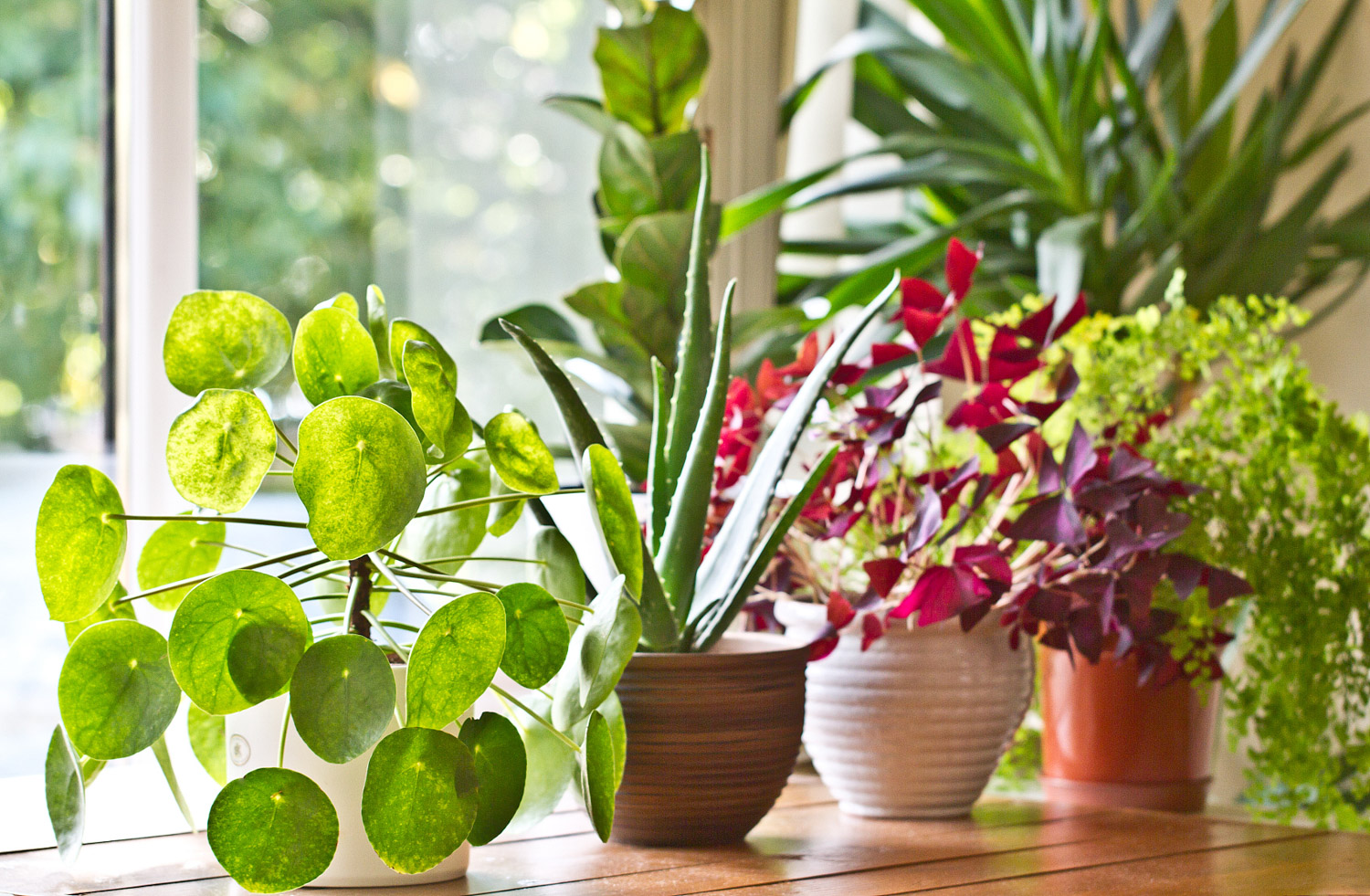
2. Find a pair of scissors and cut the loofah into small pieces of about 2-3cm. In order to facilitate cutting, you can flatten the loofah collateral first, and then cut it with scissors
3. Add 2-3cm soil to the flower pot, add a layer of towel gourd, and then fill it with soil, and then you can plant flowers normally. Towel gourd can be slowly decomposed in the flowerpot, and can also provide an appropriate amount of nitrogen fertilizer for the flowers to make the flowers grow stronger
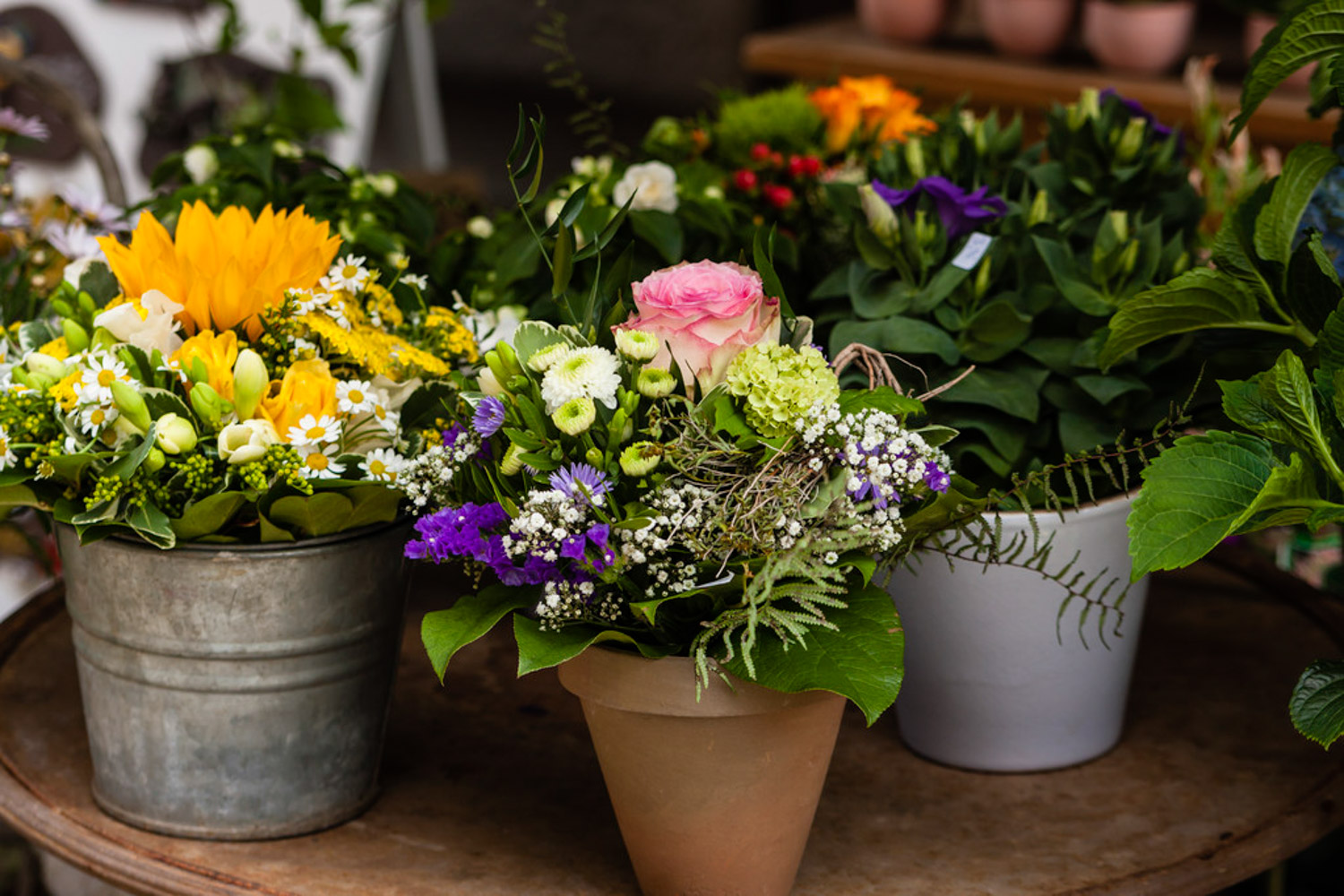
Put some sesame oil to prevent ants
When raising flowers in summer, you will always find ants in the flowerpot. Later, Huahua asked a great God of raising flowers. He told Huahua a little trick, which is very easy to use! That is to put sesame oil on the edge of the flowerpot to prevent ants from making trouble
Flower friends, what other tips do you have for raising flowers
Share it with you~

 how many times do yo...
how many times do yo... how many planted tre...
how many planted tre... how many pine trees ...
how many pine trees ... how many pecan trees...
how many pecan trees... how many plants comp...
how many plants comp... how many plants can ...
how many plants can ... how many plants and ...
how many plants and ... how many pepper plan...
how many pepper plan...





























